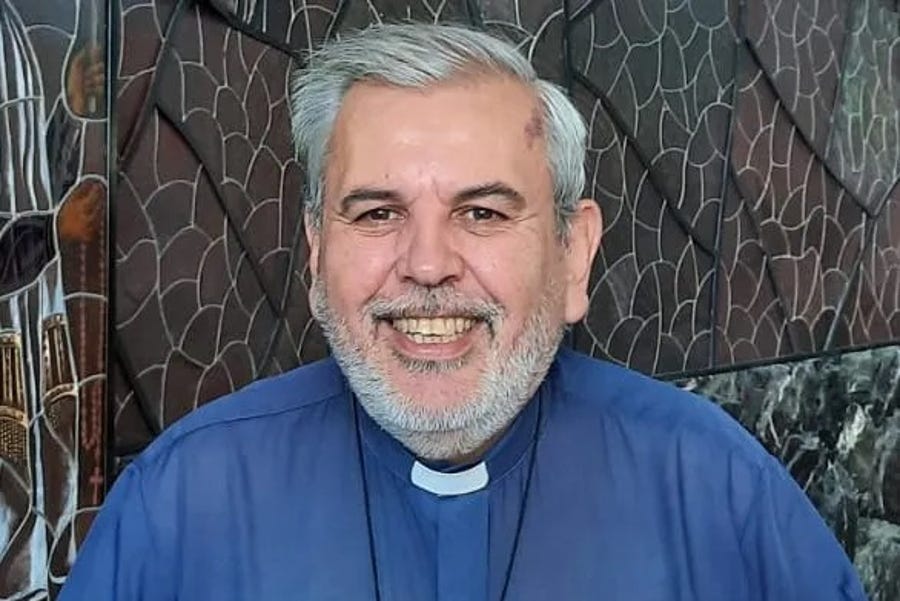Second Argentine bishop in row resigns before installation
The Diocese of Mar del Plata is now vacant for the third time since July 2023.
An Argentine see fell vacant again Wednesday after a second bishop in a row resigned before he was installed as head of the diocese.

Pope Francis accepted the resignation Jan. 17 of 62-year-old Bishop Gustavo Larrazábal, 35 days after he appointed him…
